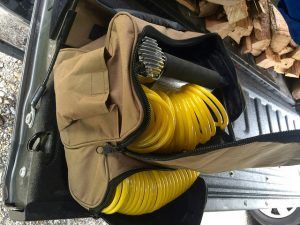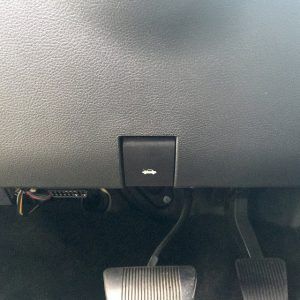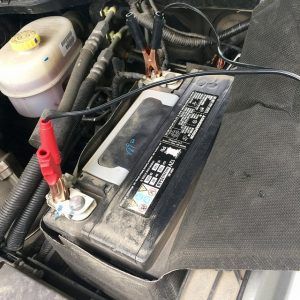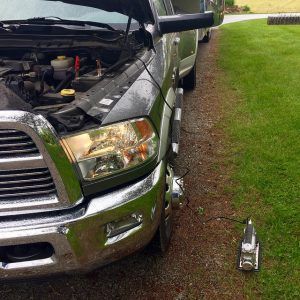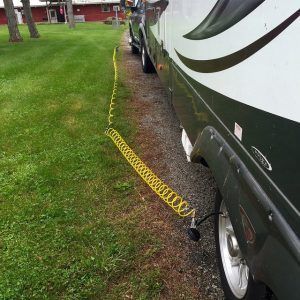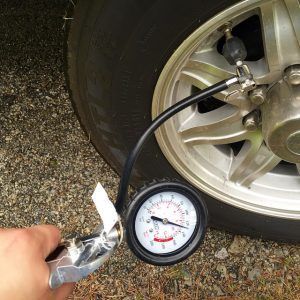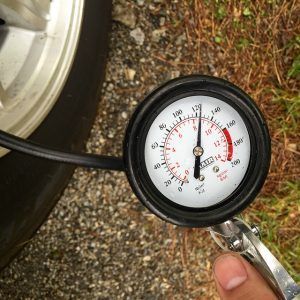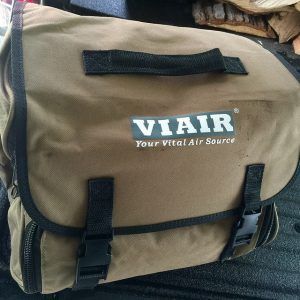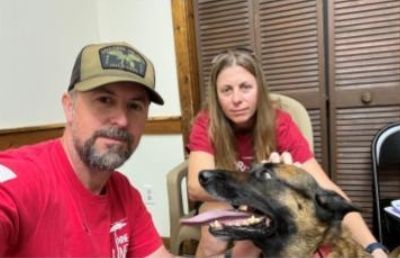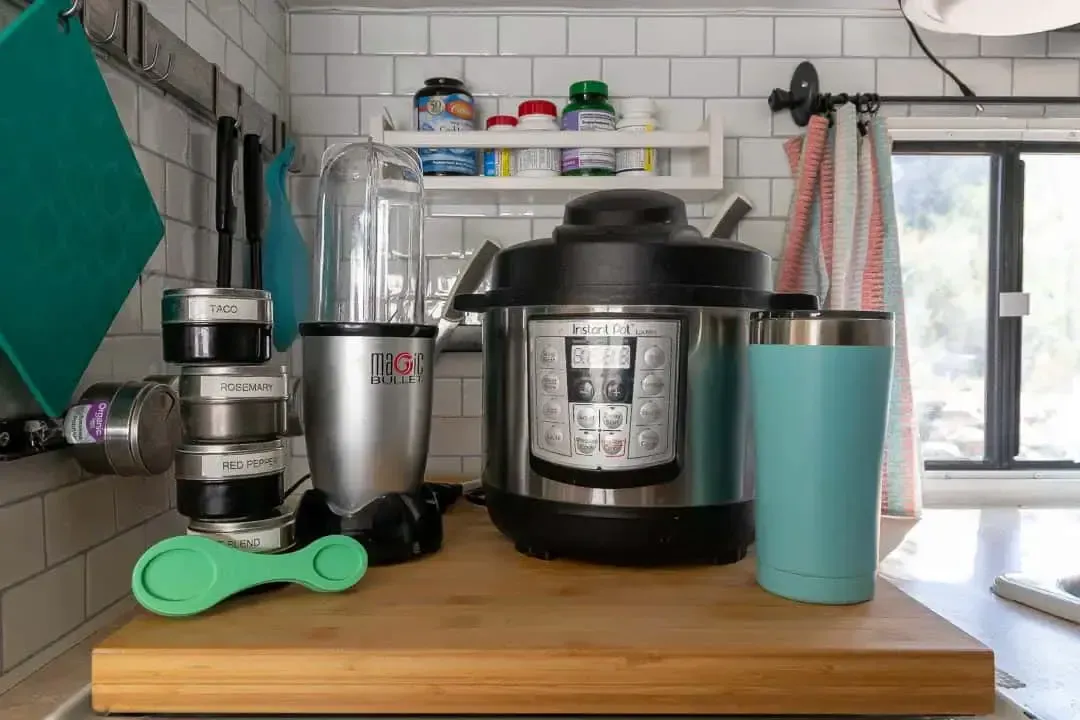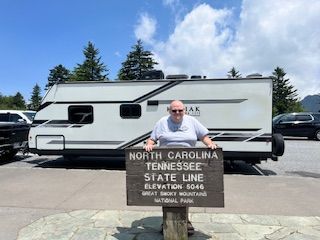Product Review: Viair 450P 12v Air Compressor
Doug S • May 6, 2025
(In the interest of full disclosure, I received a Viair 450P air compressor at a discount in exchange for a review. My discount in no way comes into play in my review below. Fo shizzle.)
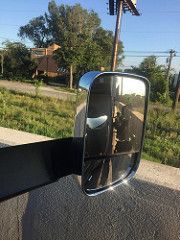
First things first, after writing this and upon re-reading, this sounds like an advertisement- I swear it isn’t. With my flat in Indiana, I realized that a 120v air compressor does no good when I’m sitting on the side of the road without a generator or hefty inverter. On top of that, I upgraded my wheels + tires and went from needing 80psi in the tires to 125psi. Between these, I found that I need to upgrade my Porter Cable 3 gallon pancake compressor (while the Porter Cable was rated for up to 135psi, I couldn’t get my tire up past 112psi). As I did research, I came to find that the Viair brand came with very high regards from everyone who used them.
Customer Service
My first contact with Viair was exemplary. I used the chat feature that came up on their site and “spoke” with a customer service rep for quite a while. We talked through my situation (10 tires, dually, and high PSI needs) and kicked around ideas for which of their products would work best for me. He helped explain the concept of duty cycles, why it was important, and how it applied to me. And, answered a plethora of questions as I compared different compressors of theirs. I honestly was on the chat window for a good 30+ minutes with him.
Once it came down that the 450-line was what I wanted, we then talked specifically about the differences between the 450P and the 450P-RV version. Longest story shortest, the RV-edition came with different attachments for the tires and an extra hose- all of which I had already accumulated over the years. I opted for the 450P.
Performance
I have now had the air compressor for about 6 months. I use it regularly to adjust the air in the tires of the camper- dealing with regular changes of air pressure as the cold months set in and also through a slow leak on one of my camper tires. The best testament that I can give it is that it took on trailer tire from 108psi up to 125psi in just a couple of minutes.
The Good
Sounding like an infomercial, I have much good to say about the Viair 450P :
- First and foremost, as I mentioned above: the performance is great; it’s not slow like most people complain about 12v air compressors.
- Size-wise, it’s probably 1/3 of the size and 1/2 of the weight of my previous air compressor.
- The wires for the alligator clips are plenty long for reaching a battery of the truck while the compressor is on the ground.
- It’s QUIET! So much quieter than the old one.
- Between the provided hose and my own, I can set it up in one location and reach all of my tires and my air pin box.
The Bad
There are no perfect products, so here are few things that have jumped out at me:
- It’s tankless which is mostly fine except for quickly topping up my air pin box. Previously, I would leave the air compressor pressurized and would be able to just plug a hose in and fill it up. Now I have to fully setup the air compressor.
- Which leads me to- it is kind of annoying to have to open the truck hood to use this. I’m looking at truck mods now to make this easier.
- ( Note: I’m communicating with Viair now- either I’m doing something wrong or the gauge is defective; if the gauge is defective, they’ll replace it. Again with that CUSTOMER SERVICE. ) The included air nozzle with gauge is incredibly off; I have to backup all measurements with my digital tire pressure gauge . Worse yet, it’s sometimes 5 lbs. low and other times 15 lbs. low. There’s no rhyme or reason to it.
- Not necessarily bad, but a surprise- the quick connect off of the air compressor was a male end where my old one was a female. Fortunately their supplied air hose has 2 male ends.
My Recommendation for You
The 450P is great for me, but I had very high PSI requirements. Most don’t need those kinds of pressures and I recommend that you contact Viair directly to find out what works best for your application.
In Use
Yesterday, as we left one campground to head to another- I found that my slow leak in a tire is back. I had 1 tire down to 109psi from 125psi. It still has plenty of carrying capacity at that level, but I didn’t like that it was about 10-12psi different than the other three camper tires.

